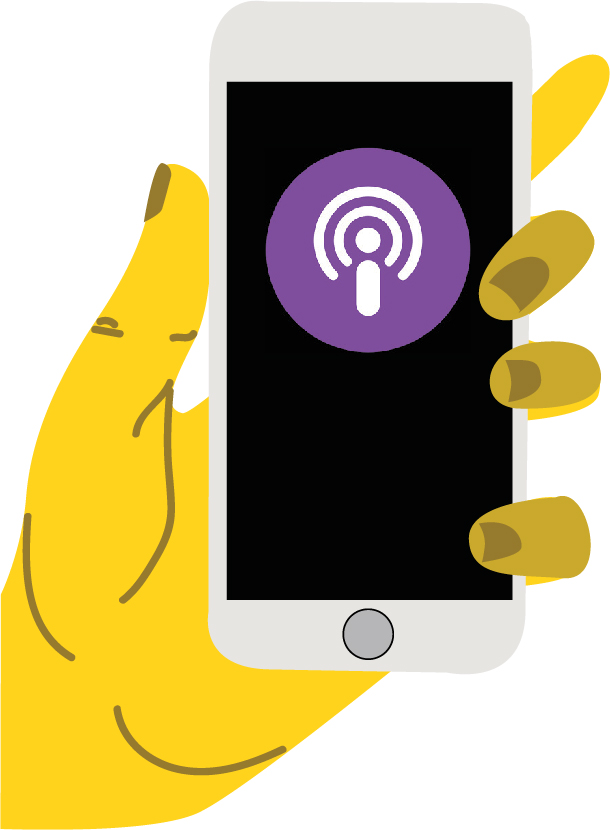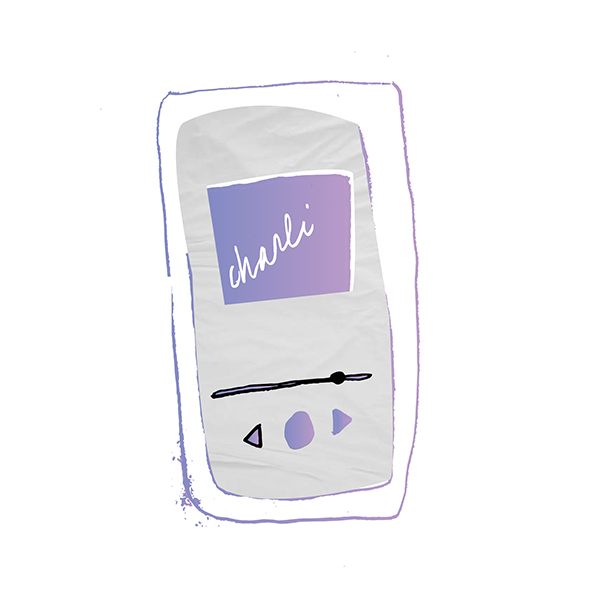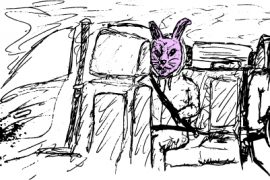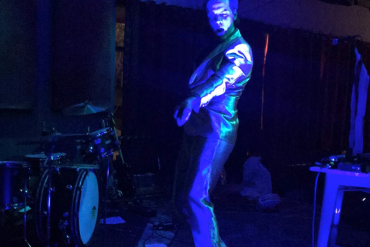It is often noted that before books, recorded sound, television documentaries, or even schools, everything was based around oral history. Humans passed on culture, stories, history, and knowledge through spoken word and others listened and learned and added to this information and passed it on themselves. And while this was the earliest form of passing on knowledge and we have many other places for that knowledge to go now, we still rely on oral history, perhaps more in the past few years than the past few hundred.
For most of the twentieth century, everybody was writing the next great American novel. Then, starting in roughly 2006, everybody had a YouTube channel. After that came everybody’s million dollar app idea. Now, everyone and their mother (and their mother’s mother— it’s a study in generations) has a podcast, or at the very least, a killer idea for one that yeah, sounds a lot like “My Favorite Murder,” but it’s different, I swear. There seems to be an unshakeable urge in humans to leave a mark on the world, to make one’s voice heard, and maybe just to not feel so alone. People read novels, they watch online videos, rely on apps, and now, they’re recommending podcasts almost as much as they’re bugging you to watch “Handmaid’s Tale.”
A good podcast about something new and something interesting draws a following, and many of us would be lying to say that there isn’t some part of that that we find attractive. And what’s more is that there’s something for everybody and so much room with which to explore the medium. For instance, I thought I could never get into podcasts until a friend showed me Esther Perel’s “Where Should We Begin,” in which she records an introductory therapy session with a couple. As somebody who wants to go into sex therapy myself, I was blown away by such a creative use of podcasting as a medium, as well as the possibility of finding something woven so closely into my own interests.
But in terms of the role of podcasts in our culture, and in the greater fabric of an international culture, podcasts seem like a natural continuation of our roots in oral history and oral learning. Podcasts, especially well-sourced ones, are an excellent way to learn new things or to broaden one’s knowledge on topics they’re already familiar with. They’re excellent for explaining things you’ve always meant to google but have never gotten around to, and a lot more affordable than a college class, offering arguably more information while they’re at it. Podcasts offer all of the lessons, wisdom, culture, and knowledge that was necessary for our ancestors with no written language, not to mention that they’ve expanded immeasurably upon that knowledge. Perhaps this is the reason they’ve taken off so rapidly and with such a wide reach. It is possible that on some level, this type of learning and this type of passing-on information just come most naturally to us. I have heard that the best way to learn is to teach, so this line of thinking expands to those creating as well as those consuming. As for podcasts that don’t explicitly teach, like the more conversational approaches, there is still so much to be gleaned from listening to someone tell their story and share their experiences that the value is not lost.
This article originally appeared in the print edition of our June 2018, issue.





